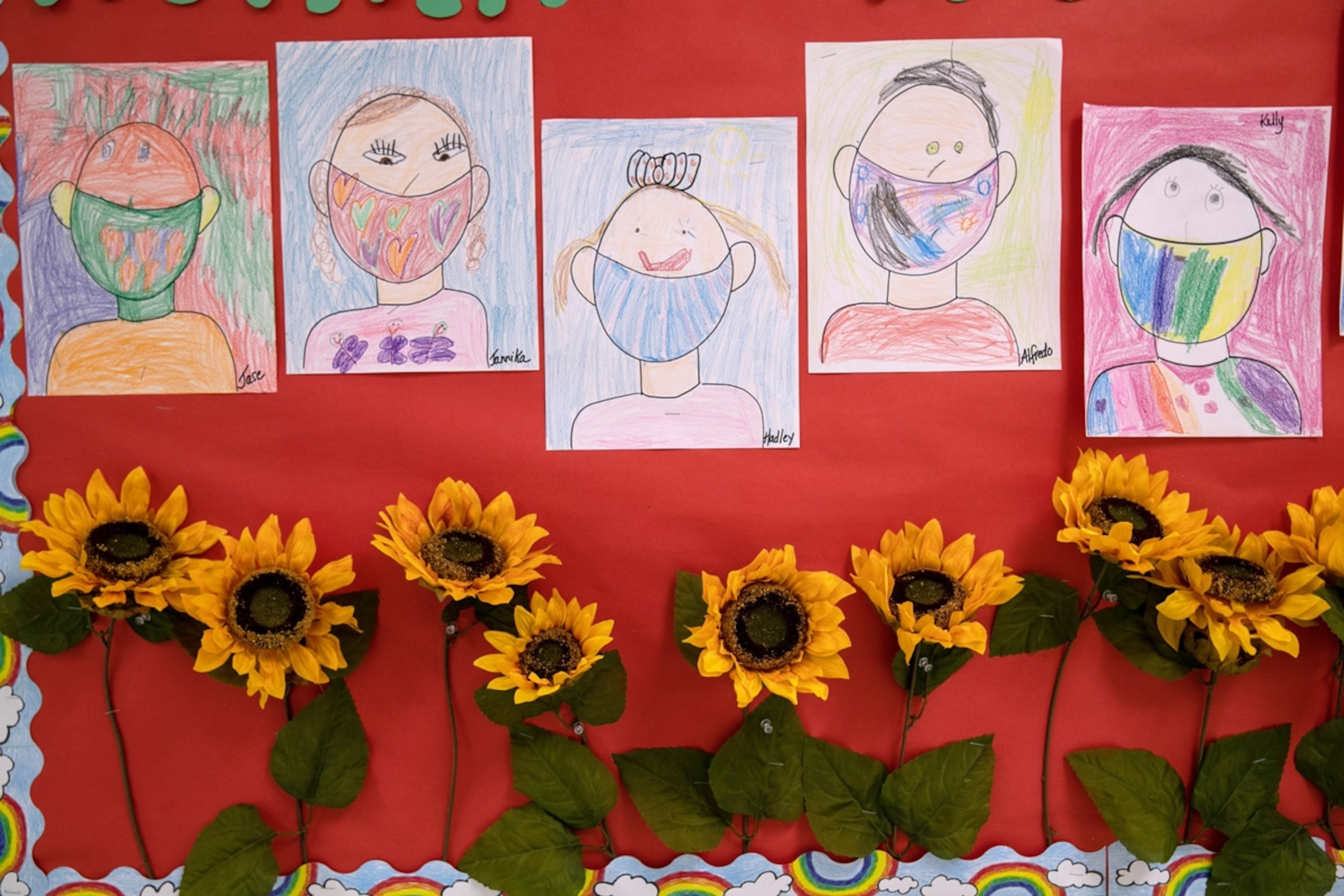
Talking to kids about 2020
Help children process this exhausting year to prepare for whatever comes next.
Let’s be honest. The year 2020 has been … special.
“This whole year from start to finish has been a zoo,” says Ashok Shimoji-Krishnan, a child and adolescent psychiatrist at Kaiser Permanente in Factoria, Washington. From the pandemic to social upheaval to an election like none other, we’ve all been feeling it. “Kids specifically have had to adapt to a lot of changes,” he says.
Whether your kid melted down a little or a lot, you're not alone.
“We’ve seen impacts on kids in a large array of ways, from crying and outbursts to anxiety to things like school refusal or being afraid to go outside and get others sick,” Shimoji-Krishnan says. Looking toward 2021, he says, most kids just want to get back to normal. “That’s the number one thing I’m hearing across the board,” he says.
For grown-ups, part of preparing for any new year—however normal or not-normal it might be—often means taking stock of the past 12 months. This year, kids might be doing that, too. By processing together, parents can help kids break down the tough stuff, feel some control, and come out stronger and better.
“It also helps children know that they don't have to manage those challenging feelings by themselves,” says Catherine Bagwell, professor of psychology at Oxford College of Emory University. “Their parents are there and will be there to help them.”
Why talking can build a brighter 2021
As children prepare for a year that’s likely to be filled with uncertainty, helping them talk through all that's happened in 2020 lets them take some command of the unpredictability and build skills for the future. “It can help children build up emotional and cognitive resources that they can use the next time they’re in a similar situation or are feeling anxious and unsure," Bagwell says.
She adds that parents shouldn’t worry about broaching difficult topics—it can actually reduce fears kids already have. “There’s no way that children haven’t been affected by everything that's been going on,” Bagwell says. “So not talking about it has the potential to create more anxiety and stress for kids.”
Tricky conversations can also be rewarding. “Black Lives Matter, for example, has obviously raised awareness of social and racial justice in ways that are challenging but overall really positive for kids,” Bagwell says. "This is a context for having hard conversations about what we value in society.”
How to start the conversation
Admit that 2020 has been difficult. “When parents acknowledge that this year has been hard or harder than expected for them, kids know they’re not alone,” Shimoji-Krishnan says. As he puts it, this gives kids the sense that “I’m right there with you, buddy.”
Ask specific questions. To prompt kids to open up, get into the details. Asking, “How was this year?” can be too broad, especially for young kids who won’t know where to start. Instead, try “How was it, learning in the kitchen rather than being in the classroom?” or “What did you think about all the racial protests?” And don’t feel pressure to provide solutions. “For a lot of kids, just listening gives comfort,” Shimoji-Krishnan says.
Welcome disagreements. “We have to acknowledge to kids that people have different opinions about all the big issues from 2020,” Bagwell says. Yet good things can come from disagreement. “Part of what’s great is that we can have differences of opinion—and we can talk about them,” she says. So if a neighboring family put a different candidate’s sign on their lawn, or even if family members differ on a big issue, it's a chance to let your kids explore what matters to them, and why.
Look for bright spots. After acknowledging the tough stuff, talk about how your family has overcome some challenges, and celebrate those successes. Besides framing challenges in a more positive light, “This helps kids understand that challenges are expected in life, but that we also find ways to get through and past them,” Shimoji-Krishnan says. “It helps build kids’ self-esteem, creativity, and engagement in challenges as something to solve rather than to hold them back.”
Find the keepers. As hard as the year was, kids might find satisfaction in the things that are now different. “Prior to 2020, we were going and going and going,” Bagwell says. “This is a time to focus on things we really value.” For kids, it may be a new hobby or spending more time outdoors. For older kids, it could be getting involved in social justice issues.
Practice positive brainstorming. Everyone had disappointments this year, from canceled vacations to skipped annual traditions. But those challenges also present opportunities to brainstorm a brighter 2021. “The key part about brainstorming is to let the kids lead it as much as possible,” Shimoji-Krishnan says. For instance, if a sports event was canceled, encourage your children to come up with ideas for how they’d make it work safely if they were in charge. Then have them get creative—audience seats in hot air balloons? Space suits to protect each player? “It gives them a sense of control over the situation,” Shimoji-Krishnan says, "and gives them agency to say, ‘I can create novel solutions to a problem.’”
Admit you don’t know everything. It’s OK to not have all the answers. Acknowledging that you’re also confused and upset tells kids their feelings of uncertainty are normal. And even though the path in 2021 might not be perfectly clear, Bagwell says, “You can encourage kids to know they can handle it.”